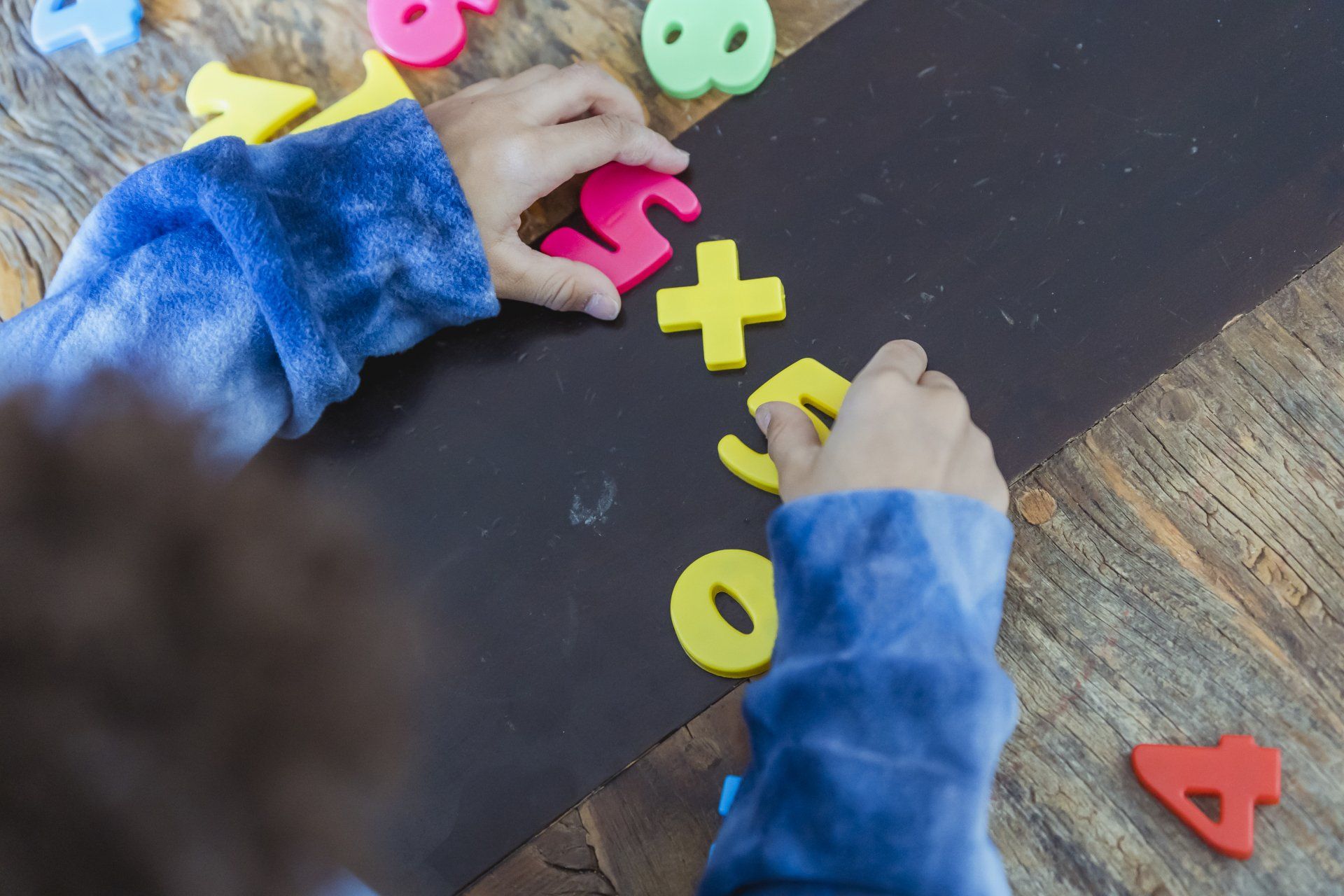The DOs and DON'Ts of Studying
If only there were a study method that would enable students to study for the shortest time possible and be able to recall, understand and perfectly reiterate all this information in an assessment.

The DO’s and DON’Ts of studying
If only there were a study method that would enable students to study for the shortest time possible and be able to recall, understand and perfectly reiterate all this information in an assessment.
Finding a study method that works for your child may seem like an impossible task. It will require trial-and-error to find the method that your child is comfortable with and most importantly, that is successful.
In the past, a lot of emphasis has been placed on finding a learning style that works for children. A lot of time, effort and money have gone into determining if students should be using mind maps with images, written summaries, or recorded audio to study. Scientists are now of the opinion that learning styles do not necessarily have a noticeable influence on academic performance. It is more important to focus on how to get the best out of every study session.
Although the jury is still out on what really works and what not, researchers have at least been able to shed some light on what you should and should not do when studying.
The DON’Ts of studying
1. DON’T stress
Stress releases a hormone that interferes with the process that creates and stores memories. Exams are stressful, but studying should not be a stressful activity. Stress will be a result of either not understanding what you are studying or of not having enough time to cover the work required. If your child, for example, has to prepare for a maths assessment, studying would be futile exercise if he or she doesn’t understand the work. Before starting with revision, first establish where additional help is required.
2.
DON’T take lengthy study breaks
As much as study breaks should be taken often (depending on the age of your child), a too long study break can do more harm than good. When studying, you should remain in the ‘zone’. The study break will give your brain time to process what has just been learned and to relax your mind, but if the break is too long your focus will have shifted. It may take another ten to 15 minutes to get back into the ‘zone’, wasting time that could have been spent studying.
3.
DON’T multi-task
The disease of the 22
nd
century - we are all guilty of multi-tasking, which is not always a bad thing, but should be avoided at all costs during studying. Texting, Instagram, TikTok, TV, or any device or activity that distracts you from the task at hand should be avoided. Best advice: don’t have these devices or activities in the room where you are studying to avoid temptations.
4.
DON’T focus on one subject for too long
Allocate a time slot for a subject and then move on to another subject. If you focus on one subject for too long, the repetition will “bore” your brain and you will start losing focus and remember less. When studying something like maths, tackle different concepts and topics in one session.
The DO’s of studying
1.
DO study from printed materials
Research suggests that information is better retained when reading from print than from tablets or screens. Many children are accessing textbooks from tablets and are no longer issued with printed textbooks. Teacher notes are also posted online for children to access. If your child does not have access to printed textbooks, it is advisable to make written notes or summaries from the textbooks.
2. DO make your own notes or summaries and study out loud
Making good and effective summaries or notes is a very important skill and will improve your child’s understanding and retention of information. You can use someone else’s notes or summaries as a reference, but make your own notes to really benefit from it. Facts are better retained if all your senses are involved in the learning process. By making summaries, and repeating it out loud to yourself, will increase your brain’s ability to remember.
3. DO exercise before you study
When doing physical exercises, blood carrying oxygen and nutrients are pumped through your body and your brain. Studying just after exercise will make you more alert and improve concentration. Younger children will also benefit from short bursts of exercise, e.g. bouncing on a ball while studying or during study breaks.
4. DO listen to music
Not all music though! Classical music has been proven to engage parts of the brain that help you to concentrate. Music also helps you to relax and will enhance your mood, both which will be helpful in the process of retaining information.
5. DO change the scenery
You have been studying for hours and are hitting the wall. Your brain just can’t cope with remembering another fact. Try changing the scenery by moving to a different room, or even better, go to a quiet spot in the garden. Fresh air and a change in perspective will recharge your energy levels and brain power.
6. DO start early and revise often
The reality is that nothing is gained from trying to “cram” all the information into your brain in a short period of time. If a new concept is learnt and revised within
24 hours, 80% of the information is retained. Unfortunately, with extra-curricular activities, homework etc. children do not always have time to revise daily. If possible, set aside an hour every week to revise or make notes of new concepts introduced during the week. In the long run, this will minimise study time during exams. 7. DO take practice tests Taking a practice test or exam before an assessment not only imitates the stressful assessment environment, but also gives insight into how questions will be asked, while memos will give information on how questions should be answered. It will also help to boost your confidence before the test or exam. But, don’t leave doing practice tests for the night before a test or an exam. Allow yourself time to revisit topics or concepts that you found challenging in the practice test. A study conducted in 2011 found that students who took practice tests before an assessment were able to retain 50% more information than those who didn’t take practice tests. Adapted from: https://www.thebestcolleges.org/17-scientifically-proven-ways-to-study-better-this-year /
24 hours, 80% of the information is retained. Unfortunately, with extra-curricular activities, homework etc. children do not always have time to revise daily. If possible, set aside an hour every week to revise or make notes of new concepts introduced during the week. In the long run, this will minimise study time during exams. 7. DO take practice tests Taking a practice test or exam before an assessment not only imitates the stressful assessment environment, but also gives insight into how questions will be asked, while memos will give information on how questions should be answered. It will also help to boost your confidence before the test or exam. But, don’t leave doing practice tests for the night before a test or an exam. Allow yourself time to revisit topics or concepts that you found challenging in the practice test. A study conducted in 2011 found that students who took practice tests before an assessment were able to retain 50% more information than those who didn’t take practice tests. Adapted from: https://www.thebestcolleges.org/17-scientifically-proven-ways-to-study-better-this-year /







